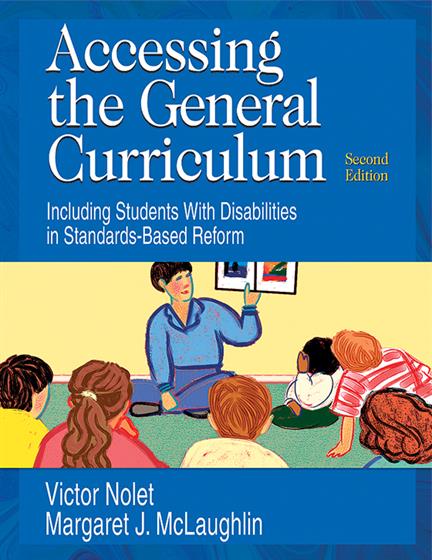
Hands-on, Practical Guidance for Educators
From math,
literacy, equity, multilingual learners, and SEL, to assessment, school counseling,
and education leadership, our books are research-based and authored by experts
on topics most relevant to what educators are facing today.
Accessing the General Curriculum
Give your students access to the general curriculum and find better ways to assess their progress!
How is your special-education curriculum impacted by the requirements of IDEA and NCLB? In this second edition of the best-selling Accessing the General Curriculum, Nolet and McLaughlin present updated frameworks for:
- Relating disabilities to academic performance
- Designing alternate assessment tools
- Linking goals, objectives, and benchmarks to state assessment criteria
Affording special education students accommodations and modifications to their individual curriculum will improve their performance, enhance your ability to help them advance, and correct the evaluation of their progress throughout their academic career.
- Grade Level: PreK-12
- ISBN: 9781412916493
- Published By: Corwin
- Year: 2005
- Page Count: 144
- Publication date: October 15, 2013
Price: $39.95
For Instructors
When you select 'request review copy', you will be redirected to Sage Publishing (our parent site) to process your request.
Other Titles in: Special Education | Special Education Curriculum | Teaching Methods & Learning Styles


